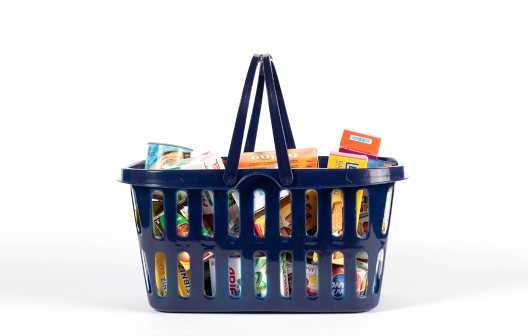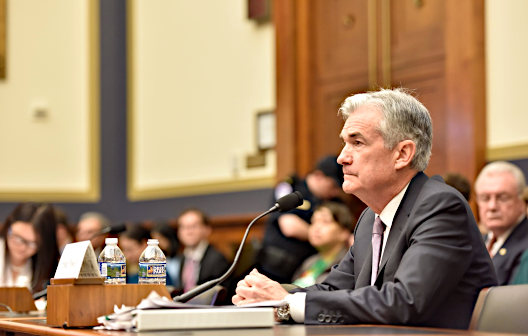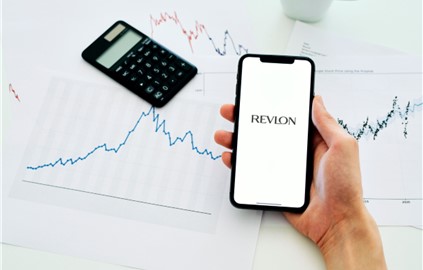Image Credit: Frankieleon (Flickr)
US Household Saving Rate Vanishes, Credit Card Debt Soars
The United States consumption figure seems robust. A 0.9 percent rise in personal spending in April looks good on paper, especially considering the challenges that the economy faces. This apparently strong figure is supporting an average consensus estimate for the second-quarter gross domestic product (GDP) of 3 percent, according to Blue Chip Financial Forecasts.
However, the Atlanta Fed GDP nowcast for the second quarter stands at a very low 1.9 percent. If this is confirmed, the United States economy may have delivered no growth in the first half of 2022 after the decline in the first quarter, narrowly avoiding a technical recession.
The evidence of the slowdown is not just from temporary and external factors. Consumer and business confidence indicators present a less favorable environment than the expectations of an optimistic market consensus. According to the Focus Economics aggregate of estimates, the United States economy should grow a healthy 3.6 percent in 2022, helped by very strong third and fourth quarters, at 4.9 percent and 5.5 percent growth, respectively. The main driver of this surprisingly resilient trend is the unstoppable consumption estimates. However, there are important clouds on the horizon for the American consumer.
|
About the Author:
Daniel Lacalle, PhD, economist and fund manager, is the author of the bestselling books Freedom or Equality (2020), Escape from the Central Bank Trap (2017), The Energy |
We cannot forget that consumer figures have been relatively solid, but at the same time, there has been a collapse in saving, with the personal saving rate falling from 8.7 percent in December to a fourteen-year low of only 4.4 percent in April.
The United States personal saving rate is now 3.3 percent below its prepandemic level, and in early May, the University of Michigan consumer confidence index fell from 65.2 to an eleven-year low of 59.1, deep into recessionary risk territory.
The plummeting saving rate is deeply concerning. It proves that consumers are suffering from elevated inflation as real wages remain in negative territory. From April 2021 to April 2022, seasonally adjusted real average hourly earnings decreased 2.3 percent, according to the Bureau of Labor Statistics.
Put these two figures together—real average earnings down 2.3 percent and the household saving rate almost halved. Families are struggling, wages are dissolved by inflation and savings are being wiped out. Consumer credit card debt is almost at all-time highs. Balances rose to $841 billion in the first three months of 2022, according to data from the Federal Reserve Bank of New York.
We cannot forget that consumer figures have been relatively solid, but at the same time, there has been a collapse in saving, with the personal saving rate falling from 8.7 percent in December to a fourteen-year low of only 4.4 percent in April.
The United States personal saving rate is now 3.3 percent below its prepandemic level, and in early May, the University of Michigan consumer confidence index fell from 65.2 to an eleven-year low of 59.1, deep into recessionary risk territory.
The plummeting saving rate is deeply concerning. It proves that consumers are suffering from elevated inflation as real wages remain in negative territory. From April 2021 to April 2022, seasonally adjusted real average hourly earnings decreased 2.3 percent, according to the Bureau of Labor Statistics.
Put these two figures together—real average earnings down 2.3 percent and the household saving rate almost halved. Families are struggling, wages are dissolved by inflation and savings are being wiped out. Consumer credit card debt is almost at all-time highs. Balances rose to $841 billion in the first three months of 2022, according to data from the Federal Reserve Bank of New York.
Suggested Content
 The Basket of Goods Will Become Financially Heavier
|
 The Detrimental Impact of Fed Policy on Savers
|
 Revlon Caught WallStreetBets Attention and is Soaring
|
 Bear Market Wisdom
|
Stay up to date. Follow us:

|

